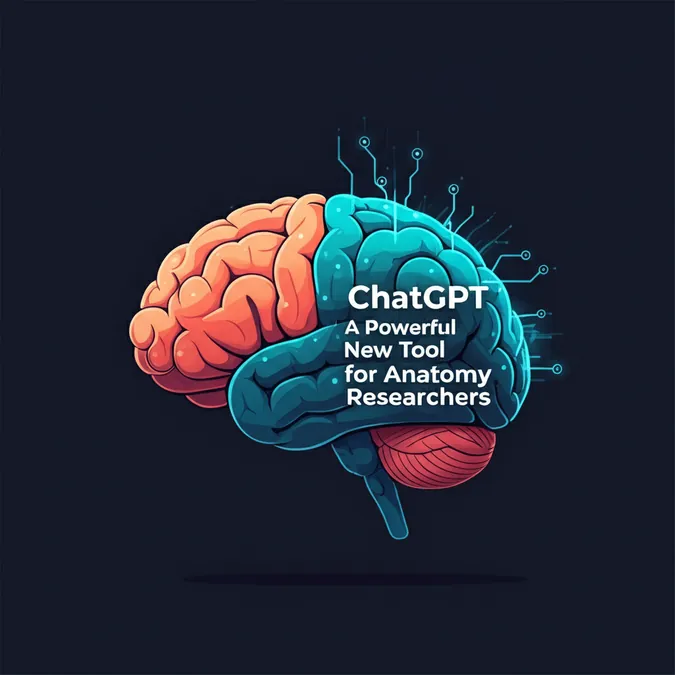Developer Offer
Try ImaginePro API with 50 Free Credits
Build and ship AI-powered visuals with Midjourney, Flux, and more — free credits refresh every month.
Can ChatGPT Think Like a Geriatric Specialist
The Rise of AI in Modern Healthcare
In recent years, conversational artificial intelligence has surged in popularity as machine learning technology advances, making its mark on numerous fields, including healthcare. The introduction of powerful language models like OpenAI’s ChatGPT has captured the attention of medical professionals and researchers alike. A recent study delves into how different versions of ChatGPT perform when compared to the opinions of experts, specifically within the context of geriatric script concordance tests. This research marks a vital step at the intersection of technology and geriatric medicine, a field that demands exceptional precision and deep understanding.
The primary challenge is to ensure that AI tools such as ChatGPT can replicate the complex reasoning of healthcare professionals, particularly when caring for vulnerable populations like the elderly. Geriatric medicine is notably complex due to the intricate interplay of various health issues, medications, and social factors that affect older adults. The researchers aimed to determine if different ChatGPT versions could provide responses that meet the high standards of geriatric specialists.
Putting ChatGPT to the Geriatric Test
The research team performed a thorough evaluation of ChatGPT’s answers to geriatric script concordance tests, which are designed to assess clinical reasoning in a standardized manner. By comparing the AI's output with judgments from human healthcare experts, the study aimed to measure the degree of alignment and identify discrepancies. This method helps validate the AI's capabilities while also highlighting its limitations that need to be addressed.
One of the core findings was the significant variability in responses generated by different ChatGPT versions. Each model showed different strengths and weaknesses across the tested scenarios, underscoring the ongoing development needed for these technologies. It was clear that while the models could sometimes produce expert-level responses, they often fell short in complex cases rich with medical nuances. This finding is critical, as it stresses the need to customize AI tools for specific medical fields where a generic approach is inadequate.
Beyond Data The Need for Contextual Understanding
The researchers also carefully considered the context in which these AI models function. By assessing the AI's responses from an expert's viewpoint, the study sought a more nuanced understanding of how AI can be integrated effectively into clinical practice. Geriatrics requires a deep comprehension of a patient's history, socio-economic background, and individual needs—elements that go far beyond simple medical data. The research highlights that successful AI integration depends on its ability to effectively account for these contextual factors.
Augmenting Not Replacing Human Expertise
A prominent theme throughout the study was the idea of AI as a tool to augment, not replace, human expertise. The potential for AI to supplement clinical judgment and improve the decision-making process was a key consideration. By using the analytical power of models like ChatGPT, healthcare professionals could better prepare for patient consultations, leading to deeper insights and more meaningful conversations, especially with elderly patients who often face barriers to quality care.
Navigating the Ethical Landscape of AI in Medicine
The ethical implications of using AI in healthcare are profound. The researchers acknowledged the risks of over-relying on AI-generated information, which might not align with the real needs of geriatric patients. Ignoring the ethical aspects of AI application could harm the very people these technologies are meant to help. The study calls for a continuous dialogue involving experts from medicine, technology, and ethics to build a framework that protects patient welfare while promoting innovation.
Expertise in geriatric medicine is founded on years of training, clinical experience, and emotional intelligence—qualities that are difficult for AI to replicate. This research emphasizes the need for caution when integrating these tools into practice, promoting a model where AI works alongside experienced professionals. Technology should act as a bridge, improving communication between caregivers and patients while ensuring human insight remains central to care.
The Path Forward Collaboration and Vigilance
As AI continues to transform the healthcare landscape, the responsibilities of technologists and medical professionals are more important than ever. Cross-domain collaboration is essential to push technological boundaries and maintain robust, patient-centered care. Future research must continue to evaluate and refine these AI models, ensuring they align with evolving standards of care and preserve the human element of medicine.
The findings from this study are set to influence both academic discussions and the practical use of AI in geriatrics. As these conversations continue, fostering an environment of ongoing feedback between AI developers and healthcare practitioners is crucial. This will lead to a more sophisticated understanding of how these technologies can add real value to the complex field of geriatric health. For a detailed look at the original research, you can view the study titled Evaluating how different versions of ChatGPT align with expert opinions on geriatric script concordance tests.
Compare Plans & Pricing
Find the plan that matches your workload and unlock full access to ImaginePro.
| Plan | Price | Highlights |
|---|---|---|
| Standard | $8 / month |
|
| Premium | $20 / month |
|
Need custom terms? Talk to us to tailor credits, rate limits, or deployment options.
View All Pricing Details

